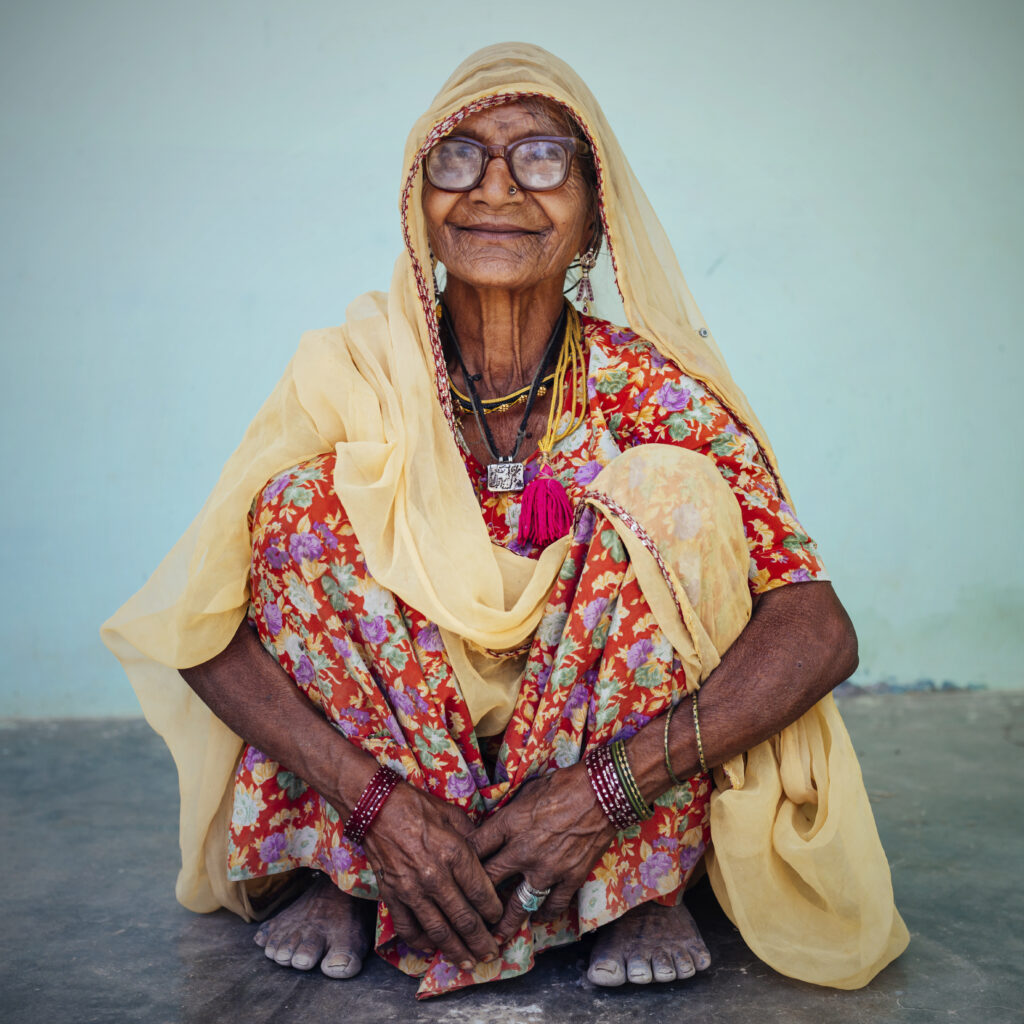Global efforts in studying Alzheimer’s and other dementias are paramount due to the increase in life expectancy around the world. With this growth in the older population, it becomes vital to better understand risk factors contributing to late-life cognitive decline.
The Harmonized Cognitive Assessment Protocol (HCAP) was developed to help meet this need. This tool assesses dementia risk and cognitive function and allows for cross-country comparisons. It has been used in longitudinal studies of aging in the United States, India, Mexico, England, and China. For the India study (LASI-DAD), the HCAP protocol was modified to better suit the population, considering the higher levels of illiteracy and innumeracy.
The Journal of American Geriatrics Society (JAGS), Volume 68, Supplement 3, introduces the LASI-DAD to the international research community. With collaborators from across the globe, researchers set out to investigate late-life cognition, dementia, and their risk factors in India. The high-quality data collected will allow them to estimate the prevalence of dementia in India and enable cross-country analysis of late-life cognition and dementia with other HCAP studies around the world. In this post, we summarize the findings of the JAGS special issue papers and highlight their main contributions.
In the journal’s special issue, Lee et al. describe how a comprehensive assessment of dementia in a large population-based study was made possible through the development and validation of an online clinical consensus diagnosis platform. This web-based platform provides detailed information to clinicians on respondents, including background information, cognitive test results, informant interview information, as well as the respondent’s health history collected from the geriatric assessment and core LASI interview. With this information, clinicians are able to provide clinical dementia ratings online. This cost-effective method allows for a consistent clinical expert diagnosis of dementia alternative to in-person evaluations.
Farron et al. report findings from their study on hypertension as a modifiable risk factor for dementia. With a growth in the older Indian population, authors highlighted the importance of better understanding the burden of noncommunicable diseases associated with aging, such as hypertension, heart disease, and dementia. Two-thirds of the 60 and older Indian population were found to have hypertension, with one-third of them undiagnosed. Though the study did not find any statistically significant association between hypertension and cognition, future research is needed to assess hypertension as a possible mediator between socioeconomic disadvantage and worse cognitive function.
Comparability of the HCAP cognitive test batteries are well established. Alden et al. show that these test batteries can be used to classify cognitive impairment and make comparisons with cognition measured in other HCAP studies. Using these comparable data, Perry et al. investigated the association between cardiometabolic-inflammatory risk factors and cognition among respondents in India (using LASI-DAD) and in the United States (using HRS-HCAP). Cardiometabolic risk factors contribute to an individual’s risk of developing diseases such as diabetes, heart disease, or stroke. These risk factors include measurements such as blood pressure, pulse rate, cholesterol, BMI, and HBA1c, among others. The authors found a significant difference in the distribution of total cognition scores and risk factors between the two countries. They hypothesize that some of these differences may be due to the two countries being in different stages of the epidemiological transition. Cardiometabolic risk factors may influence cognitive decline differently in countries undergoing rapid economic and societal transitions.
Angrisani et al. investigated sex differences in late-life cognition in India, and found that women have lower cognitive ability than men on average in older ages. Findings suggest the disadvantage in cognitive performance of women can be largely attributed to early-life differences in nutrition, education, and other factors. These disparities highlight the need for public policy aiming at reducing gender disparities in early life.
The role of genetic factors in Alzheimer’s Disease and cognitive aging in India was examined by Smith et al., showing a moderate association between Alzheimer’s Disease risk loci identified in European ancestry populations and LASI-DAD cognitive measures. Alzheimer’s Disease risk loci are specific locations on the chromosome where a particular gene that affects Alzheimer’s Disease risk is located. Results suggest a critical need for further assessment to identify genetic variants associated with Alzheimer’s Disease and cognition in the South Asian population.
This introduction to the LASI-DAD sets the tone for future research and innovations as researchers begin to better understand the scope of cognitive decline and dementia in India.
Featured Articles
- New Insights and Knowledge on Cognition and Dementia from Population-Based Cohort of Older Adults in India
- Introduction to LASI-DAD: The Longitudinal Aging Study in India-Diagnostic Assessment of Dementia
- Design and Methodology of the Longitudinal Aging Study in India‐Diagnostic Assessment of Dementia (LASI‐DAD)
- Measurement and Structure of Cognition in the Longitudinal Aging Study in India–Diagnostic Assessment of Dementia
- Sex Differences in Cognitive Health Among Older Adults in India
- Hypertension and Cognitive Health Among Older Adults in India
- Cognitive Function and Cardiometabolic‐Inflammatory Risk Factors Among Older Indians and Americans
- Association Between Episodic Memory and Genetic Risk Factors for Alzheimer’s Disease in South Asians from the Longitudinal Aging Study in India–Diagnostic Assessment of Dementia (LASI‐DAD)
- Online Clinical Consensus Diagnosis of Dementia: Development and Validation
As part of our Gateway Blog Series, we have compared the Harmonized Cognitive Assessment Protocol across the HRS family of studies, including LASI-DAD. Read more here.
Interested in using the data? Visit the Gateway to Global Aging data download webpage for LASI-DAD data access instructions.


You must be logged in to post a comment.